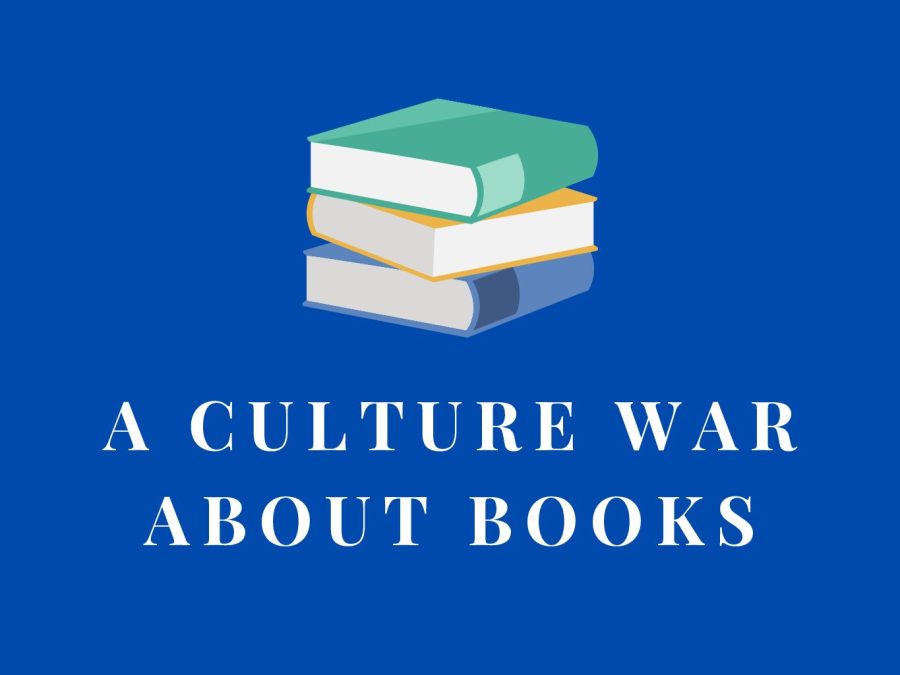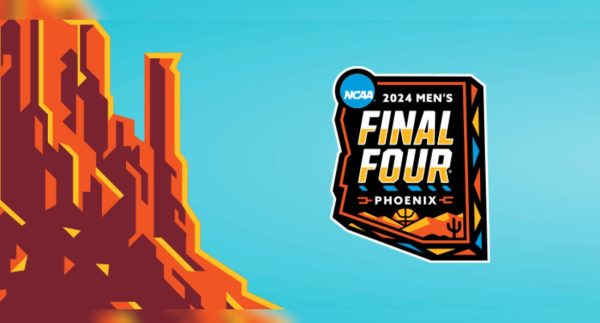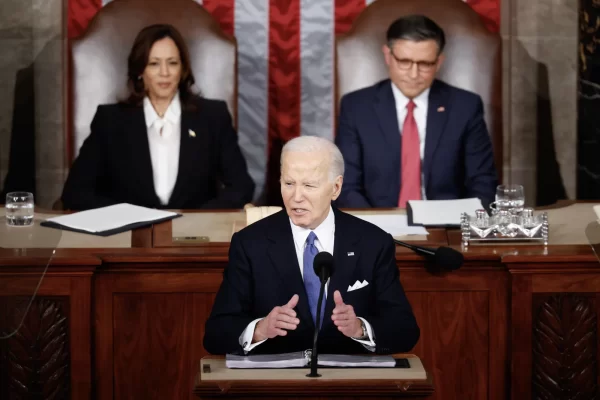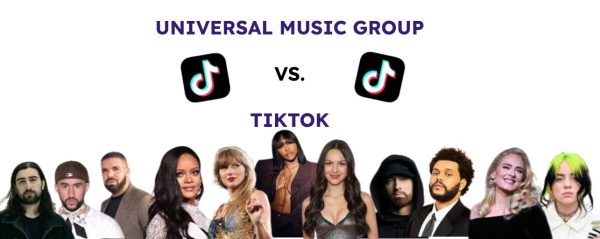Parents Try To Limit Digital Databases in Schools and Public Libraries
While e-reader apps were once important for students during the coronavirus pandemic, they have been caught in the nets of a ¨culture war¨ storming over books in schools and public libraries.
In many states across the United States, different e-book apps and their companies are being targeted by parents who call for schools and public libraries to shut down their digital programs, those which allow users to download and read books on various electronic devices, such as smartphones, laptops, and tablets. Several parents insist that the apps should not only be banned for their children but possibly even for all students—and they have been achieving results.
In a suburb of Nashville, Tennessee, a school superintendent cut the access to an e-reader for 40,000 students when he pulled it offline last month. The action followed a parent’s complaint about finding books supporting LGBTQ pride on the Epic library accessible on her child’s laptop.
In a county northwest of Austin, Texas, a federal lawsuit followed the county officials cutting off access to the OverDrive digital library, used by residents for a decade to read various books for their pleasure or education.
Steve Potash, the founder and CEO of OverDrive, a gateway to e-books through apps such as Libby and Sora, has said, “Over 20 years, there’s not really been any history of a sustained challenge like this to our public library service.” OverDrive is used by 75,000 libraries and other institutions, and in every case, Potash said that the local librarians choose the titles that should be available to the residents in the area or the students.
Schools and libraries sign up for e-books with apps such as Epic and OverDrive because readers have said that they appreciate the convenience and teachers have said they like the plentiful options for assignments, and this attitude has only been strengthened during the pandemic. Even though e-reader apps haven’t replaced printed books because e-books are licensed from publishers for a set period of time, they have nonetheless gained a prominence that affects many when parents demand them to be removed from their digital “shelves”.
The racial justice protests in spring 2020 drew attention to a lack of diversity in several traditional institutions, which has also inspired schools and public libraries to quickly diversify their shelves with e-reader apps.
However, this is exactly what has caught the attention and outrage of parents who may not have known the contents of digital libraries in the past. Now, they demand school administrators for their students’ access to be censored and limited, easily being able to search digital collections for books with content that they disagree with or dislike.
“The terrifying thing is that they can be censored with the flip of a switch, without due process, without evaluating the substance of the claims,” said Deborah Caldwell-Stone, director of the Office for Intellectual Freedom at the American Library Association. “It’s not enough to take a book off the shelf. Now they want to filter electronic materials that have made it possible for so many people to have access to literature and information they’ve never been able to access before.”
So far, database limiting laws have been implemented in Utah and Tennessee, and there are ones looking to be instated in Oklahoma.

Kriti is a freshman who loves to read, play the guitar, and find different foods to try and recreate. She enjoys listening to and exploring different kinds...












